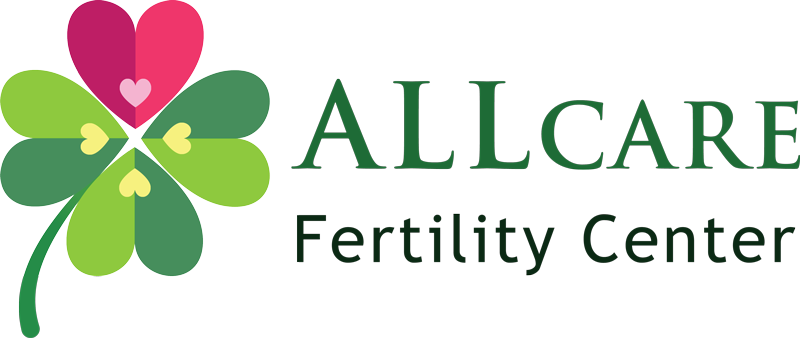Also known as mature oocyte cryopreservation, egg freezing is a method used to preserve a woman’s eggs. After harvesting eggs from the ovaries, the eggs are frozen unfertilized and safely stored. When desired, a woman can choose to have her frozen eggs thawed, combined with sperm in a laboratory setting, and implanted in her uterus via using vitro fertilization (IVF).
There are many reasons a woman may choose to freeze her eggs, such as:
- She is single but would like the option to become a mother in the future to biological offspring when her own fertility may have declined.
- She has a health condition which may cause her ovaries to fail (menopause) or prevent her from trying to conceive until the condition is treated. Examples include severe endometriosis or recent diagnosis of cancer that requires chemotherapy.
- She has a history of early menopause in the family.
- She has a condition that may result in removal of the ovaries or premature ovarian failure.
As a woman ages, there is a natural decline in her fertility, even before the onset of menopause. Studies have shown that eggs start to decline as early as age 27, followed by a faster decline after age 35.
Treatment for Egg/Embryo Freezing
Before your eggs can be frozen, you will need to attend a consultation with our team at ALLcare. During this consultation, we’ll address your unique needs and expectations from the process. We’ll also walk you through each step of the egg retrieval and freezing process. A pelvic ultrasound and blood tests may be performed to assess the number of eggs in the ovaries.
Medications may be prescribed during the treatment to help stimulate the ovaries to produce multiple eggs in a single cycle. The ovarian stimulation process can take up to two weeks on average. The patient will then undergo egg retrieval. All retrieved eggs are then frozen using a vitrification method. If the patient prefers to freeze embryos, the retrieved eggs are first fertilized with sperm and then frozen.
